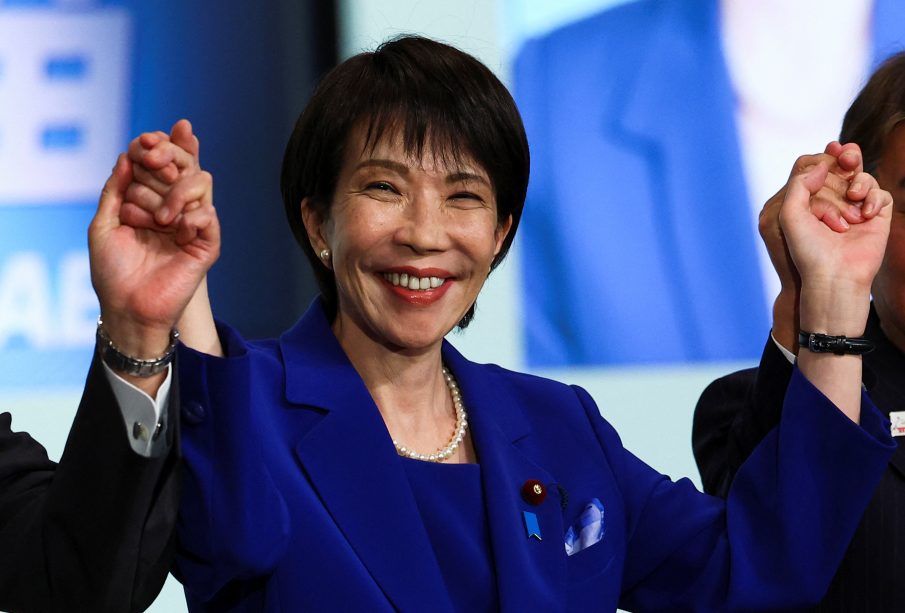The Political Journey of 高市早苗

Introduction to 高市早苗
高市早苗, a prominent political figure in Japan, has gained significant attention as a leader and advocate for various reforms within the Japanese government. Her journey in politics is not only pivotal for her career but also reflects the changing landscape of Japan’s governance. At a time when Japan is facing various domestic and international challenges, understanding 高市早苗’s role is vital for those following Japanese politics.
Recent Developments
In recent months, 高市早苗 has played a key role in shaping policy discussions on economic recovery and national security. As a member of the ruling Liberal Democratic Party (LDP), she has been vocal about the need for proactive measures to boost the nation’s economy post-pandemic. Recent reports indicate she is advocating for increased investments in technology and infrastructure to drive growth.
Moreover, her stance on defence policies has sharpened as regional tensions escalate. 高市早苗 has proposed to enhance Japan’s self-defence capabilities amid increasing provocations from North Korea and the rising influence of China in the Asia-Pacific region. This stance has been met with both support and criticism, reflecting the divided public opinion surrounding Japan’s military presence.
Impact on Gender Representation
高市早苗’s ascent in Japanese politics is also significant in the context of gender representation. As one of the few prominent female leaders, her visibility is encouraging more women to enter politics. Recent surveys have shown a subtle shift in public attitudes towards female leadership, with many younger voters expressing a desire for more diverse representation in governmental roles. Her involvement in various initiatives aimed at promoting women’s rights in Japan highlights her commitment to increasing the political representation of women.
Conclusion and Future Outlook
As 高市早苗 continues to navigate the complexities of Japan’s political environment, her actions may have lasting implications for both her party’s future and the broader socio-political landscape. Analysts suggest that she could be a potential candidate for higher office in the coming years, especially if she maintains her trajectory of influence and continues to resonate with the electorate.
In conclusion, the significance of 高市早苗 in contemporary Japan cannot be overstated. Her efforts in economic revitalization, national security, and gender equality make her a pivotal player in the realm of Japanese politics, enticing observers to closely follow her progress in the coming months.









